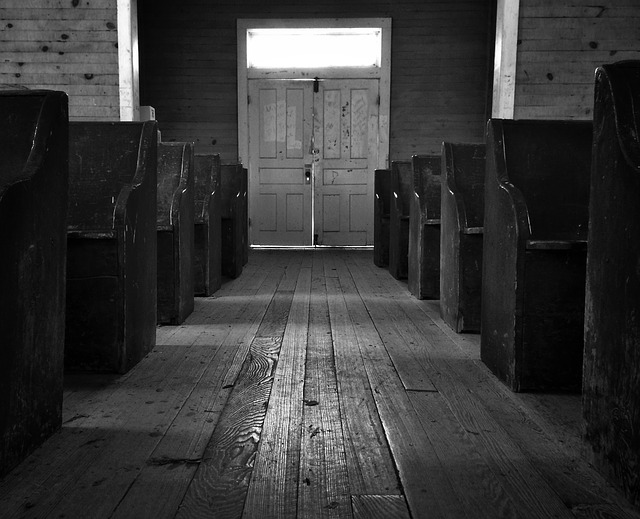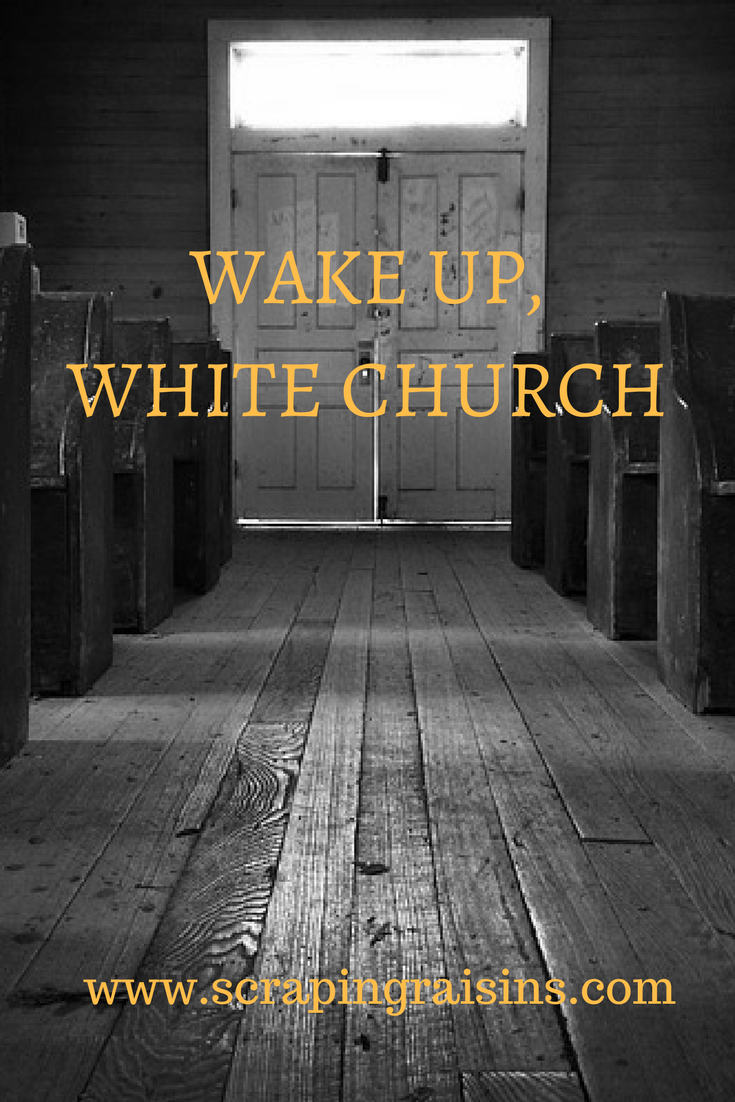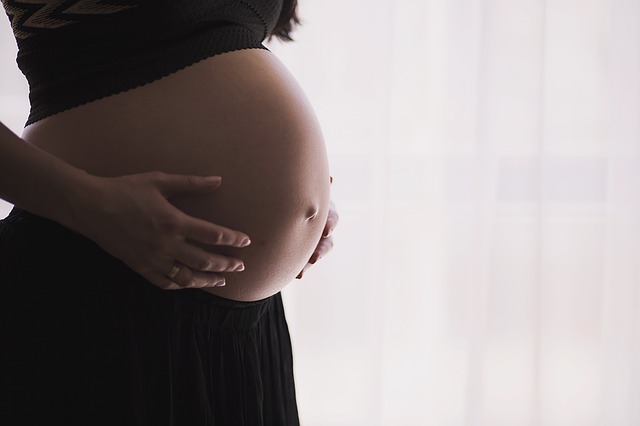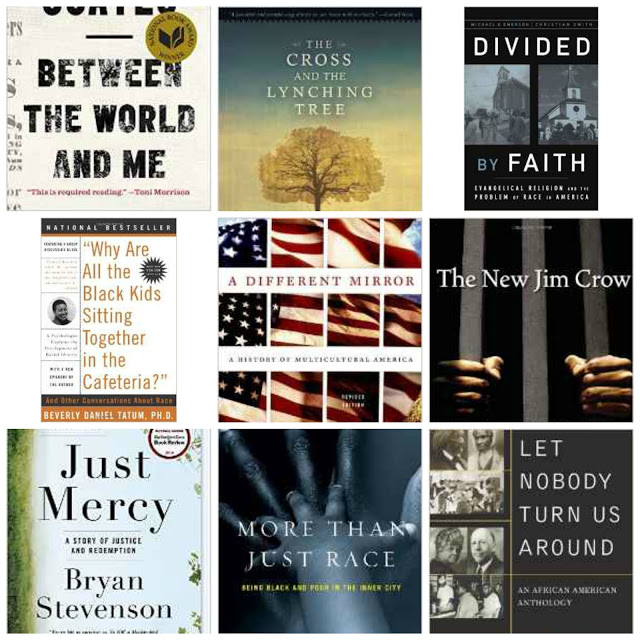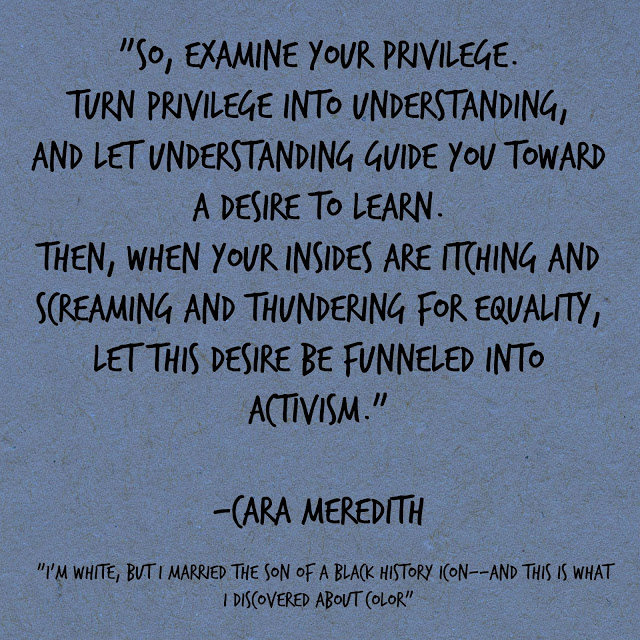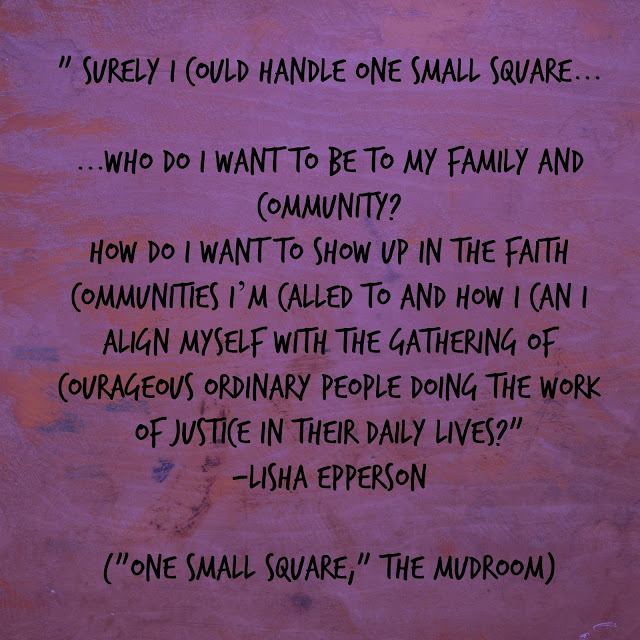
All Americans are loud, carry backpacks, wear sneakers, eat dessert and junk food, are overweight, speak only one language, are promiscuous, kick our kids out at age 18 and are rich. These are a few of the stereotypes about Americans I’ve heard in my travels, but especially from my Chinese friends during the five years I lived in northwest China.
“We know you love sweets,” my Chinese students said as I passed out brownies after dinner one Sunday evening. Three shy freshman students had come over to “teach” me how to cook Chinese food (a.k.a. they argued about how to do it the way their mothers had done it while I frantically scribbled notes on index cards). In an attempt to find something authentically American to serve to them, brownies was all I could come up with.
“Yes, many Americans like sweets,” I said. But then I blew them away.
“But I never ate dessert in my home.” They traded glances, questioning my sincerity since I had already rattled their worlds as I told them earlier that I loved spicy Chinese food and rarely ate burgers back in the states.
After five years in China, silence would still descend upon the room as I sat down to dinner with a new group of students in a restaurant. “You can use chopsticks?!” they would gasp, in awe of my skill. Snapping up a piece of eggplant from the dish, I’d suppress my sarcastic reply.
We stereotype others because it makes us feel like we are in control. It gives us a framework to solve the mystery of the “other.”
Don’t think you have stereotypes? Slowly read through this list and see what words your brain inserts:
Men are …
Women are …
Three year olds are …
Introverts like …
Extroverts like …
Evangelical Christians are …
Muslims are …
African Americans are …
Chinese are …
Mexicans are …
Indians are …
If you found yourself quickly responding with a word or phrase, you have made a stereotype.
Some stereotypes are helpful for decoding culture, but most insult the humanity of the unique individual. There is a striking scene in the T.V. show The Man in the High Castle where a Japanese family invites a white American man over under the guise of friendship. The couple rattles off questions about music and sports that whites “usually like,” but are increasingly disappointed when the man doesn’t fit their stereotypes. The white man senses he let down his new friends, but isn’t sure why.
It’s a scene I experienced many times in China and Uganda when friends would assume they understood me, only to find I didn’t fit their mold. I sensed their disappointment when I couldn’t educate them on pop culture or fashion in America. Some Americans might have cared, but I didn’t.
During my senior year of college I lived with an African family in a village outside of Kampala, Uganda. It was considered a middle class home, yet we didn’t have running water. The house servants washed dishes in the morning on a wooden table in the front yard as chickens squawked in the distance. Feeling useless, I offered to rise at dawn and help wash dishes. My host mother looked skeptical. “But we will just have to rewash them,” she said. “I know you have machines that do that in your country.”
The Nigerian author Chimamanda Ngozi Adichie gave the infamous TED Talk “The Danger of a Single Story.” In it, she said: “I’ve always felt that it is impossible to engage properly with a place or a person without engaging with all of the stories of that place and that person. The consequence of the single story is this: It robs people of dignity. It makes our recognition of our equal humanity difficult. It emphasizes how we are different rather than how we are similar …
The single story creates stereotypes, and the problem with stereotypes is not that they are untrue, but that they are incomplete. They make one story become the only story.”
I believe relationship is the key to deconstructing stereotypes. It is in relationship that we can finally see that we are more similar than we thought. At our core, we all desire love, purpose and security.
Unfortunately you may not have the opportunity to live with an African family, teach in the inner city or have a Muslim live in your home. And even experiencing other cultures in that way does not ensure you do not have stereotypes. So what can you do?
Read, listen and learn. Seek out new and possibly uncomfortable friendships. Pray for fresh eyes, open ears and humble hearts. Peel away the stereotypes you have formed and allow each person to stand on their own as the unique individuals they were created to be. But I would also encourage you to tell your own story. You never know when you might smash someone else’s stereotype of “people like you.”
***
What stereotypes do you have about the “other”?
How do these diminish the humanity of your neighbor?
Have you ever been hurt by being stereotyped?
If you haven’t, I would highly recommend watching “The Danger of a Single Story”:
New to the Series? Start HERE (though you can jump in at any point!).

During the month of March, 2017, I will be sharing a series called 31 Days of #Woke. I’ll be doing some personal excavating of views of race I’ve developed through being in schools that were under court order to be integrated, teaching in an all black school as well as in diverse classrooms in Chicago and my experiences of whiteness living in Uganda and China. I’ll also have some people of color share their views and experiences of race in the United States (I still have some open spots, so contact me if you are a person of color who wants to share). So check back and join in the conversation. You are welcome in this space.





